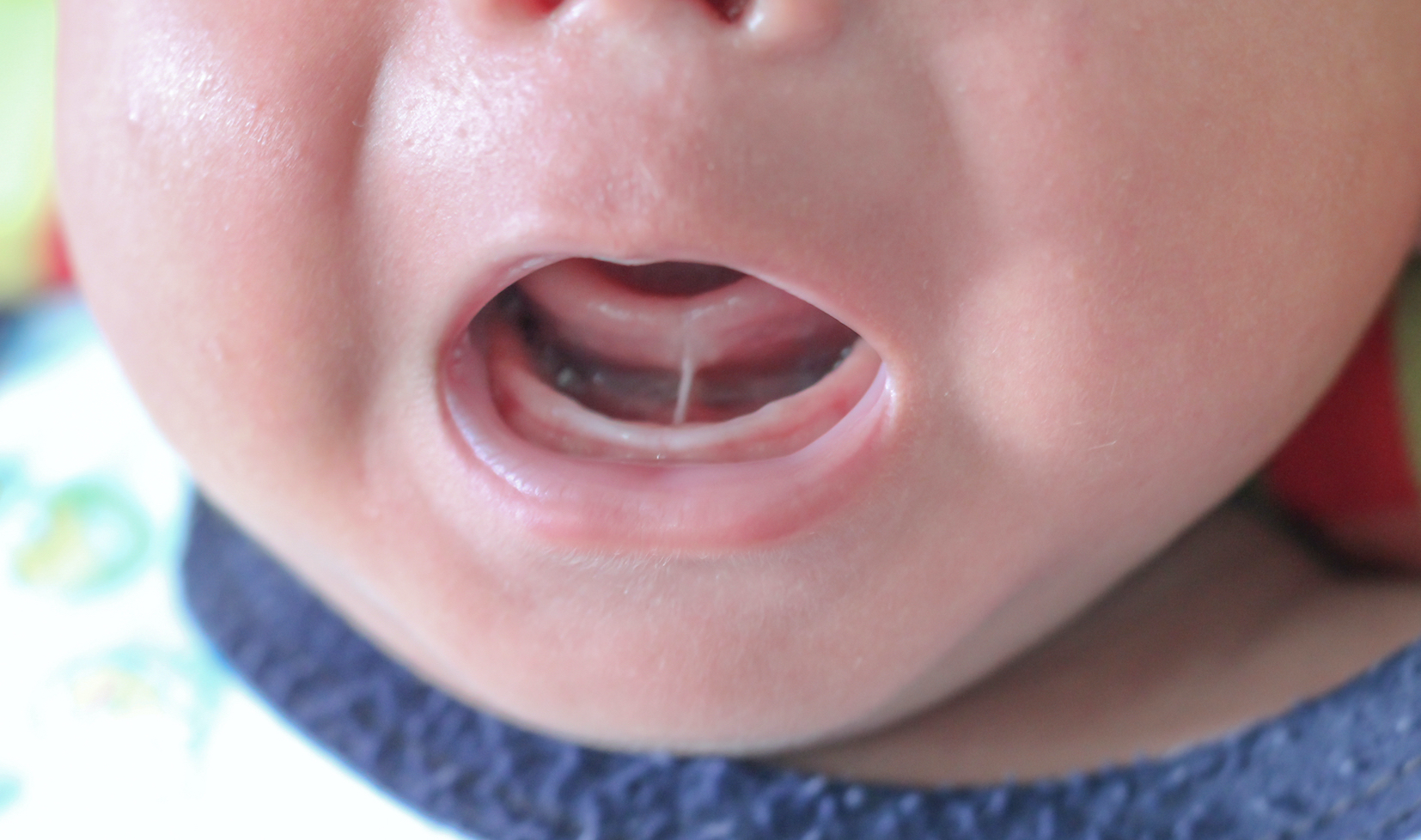What is Tongue-Tie (Ankyloglossia)
Ankyloglossia, commonly known as tongue-tie, is a condition in which the lingual frenulum is shorter than usual. The lingual frenulum is the thin piece of tissue connecting the bottom of the tongue's tip to the floor of the mouth. This abnormality restricts the tongue's mobility, causing impediments to breastfeed, speaking, and eating. Tongue-tie affects about 4%-10% of newborns but can go undiagnosed for years if not detected shortly after birth. There is no clear consensus on the exact causes of tongue-tie. However, contributing factors include genetic predisposition and intrauterine position during fetal development.
Symptoms of Tongue-Tie (Ankyloglossia)
Tongue-tie symptoms present themselves during infancy. The most common symptom is difficulty with breastfeeding. Babies with tongue-tie have problems latching onto the mother's breast. They tire quickly during feedings. Bad latching leads to inadequate nutrition and weight loss in infants. Tongue-tie can also affect speech development and other oral functions in children.
If left untreated, tongue-tie leads to dental issues and drawbacks in clear and fluent speech. It also leads to difficulty swallowing or chewing food and movement disorders such as torticollis. If not treated early enough, the tongue restriction becomes more severe over time. Visit our dental centre in Ottawa to prevent further complications.
Other symptoms may include:
• A heart-shaped tongue or a notch at the tip of the tongue
• Difficulty sticking out the tongue beyond the lower lip
• Difficulty moving the tongue from side to side
• Difficulty making specific speech sounds such as "t," "d," "s," "z," and "th."
• Excessive drooling
• Difficulty chewing
Parents with a child who has tongue-tie may feel overwhelmed and unsure of how to help their child. It is essential to seek support from experienced healthcare professionals as soon as possible. Physicians give a proper diagnosis and treatment and access various resources to understand tongue-tie better. Parents learn to diagnose it in their children and gain support throughout the process.
The International Tongue Tie Institute is an excellent resource for information about tongue-tie. It includes research updates, educational classes, and links to specialists and support groups. The International Affiliate of Lactation Consultants (IBCLC) is an excellent resource for information on tongue-tie-related breastfeeding issues.
Causes of Tongue-Tie (Ankyloglossia)
The exact causes of tongue-tie (Ankyloglossia) are not yet fully understood. However, certain factors contribute to its development. Potential causes include genetic predisposition and intrauterine position during fetal development. Scientists believe that genetic factors affect how the lingual frenulum develops in utero. Some experts also believe that pregnancy affects the development of the lingual frenulum. This is due to the quantity of amniotic fluid or certain hormones released during pregnancy.
Furthermore, environmental factors may also play a role in causing this condition. Growths or scarring in tissue near the lingual frenulum disrupts proper development. This disruption leads to ankyloglossia.
Diagnosis and Treatment of Tongue-Tie (Ankyloglossia)
Consider treatment for ankyloglossia if a baby has problems when sucking, swallowing, and speech. Medical experts will determine the cause of the dysfunction. It could result from physical factors like tongue-tie, psychological or neurological factors. The gold standard for diagnosing tongue-tie is an oral examination. Experienced clinicians such as ENTs, SLPs, lactation consultants, pediatricians, and dentists perform it.
Tongue-tie surgery is known as a frenotomy. The procedure releases the lingual frenulum to relieve tongue-tie restrictions. This surgery addresses breastfeeding, speech, and other functions caused by ankyloglossia. It involves using a laser or scissors to make a small incision in the tissue connecting the tongue to the bottom of the mouth. It reduces tension and allows increased mobility of the tongue. Frenotomy is short and painless, with minimal risk or side effects. After surgery, your child may need therapy or exercises to optimize their range of motion and speech development.
Tongue-tie impacts an individual's quality of life. If your child has this condition, consult a healthcare professional for proper diagnosis and treatment. It guarantees healthy speech development and reduces breastfeeding, eating, and drinking difficulties.
If you want help with a tongue-tie, we invite you to visit us at the Upper Hunt Club Dental Centre in South Ottawa. Our team of professionals is here to diagnose and treat tongue-tie and comorbid issues properly. We understand the importance of taking an integrative approach to ensure optimal results. Contact us today to learn more about our treatments and services and start your journey toward a healthier life!













